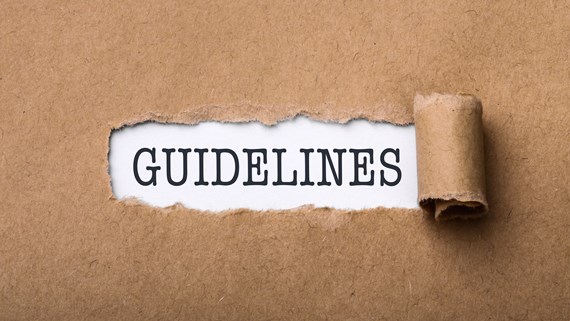Construction Industry Council publishes new mediation guidelines
Insight

Construction disputes are almost uniformly complex and often require expert evidence. The corollary of that is that construction disputes are almost uniformly expensive and are to be settled if possible.
Mediation is a useful way to effect just such a settlement at an early stage, and at a reasonable cost. There is something compelling about the very nature of a mediation – which is to say, a refereed and non-adversarial discussion during which the parties can talk face to face – that lends it a greater potential for success than an endless exchange of solicitors’ letters. And even if mediation does not settle a dispute once and for all, it is at the very least a mechanism by which issues can be narrowed and settlement discussions begun in earnest.
The Construction Industry Council (the CIC) has just published the first edition of its model mediation agreement and procedure (the MMAP).
The MMAP provides an agreement for parties to use and a procedure for them to follow, when seeking to resolve construction disputes without recourse to legal proceedings. The MMAP also includes a model mediation clause to be included in new contracts, which provides for use of the MMAP when mediation is contemplated.
The MMAP itself sets out (amongst other things) provisions as to:
- the identity of the mediator: the MMAP provides that the parties may agree on a mediator, from either the CIC list or elsewhere; or otherwise, the parties may ask the CIC to nominate a mediator from their panel. That may be useful when the parties cannot agree,
- mediators’ fees: mediators may propose an hourly rate with estimates, or otherwise, a lump sum for conducting the mediation, and the parties will be jointly and severally liable for those costs and expenses. CIC mediators will cap their fees for disputes under £100,000 at £6,000. However, whilst certainty over fees is always welcome, we expect the £100,000 will be exceeded with some regularity,
- costs: the parties will each bear their own,
- confidentiality: the mediation will be private and confidential, save for the fact that it is taking place. The MMAP sets out clearly the usual rules for the conduct of mediation, too – namely, that the mediator may hold private meetings with each party which will be confidential and may not disclose any information given over by a party to any other without express consent. Lastly, the MMAP provides that the terms of any settlement agreement will be confidential, save as far as is necessary to enforce its terms, and
- limitation: the parties agree that any contractual or statutory limitation period is suspended from the date of signature of the mediation request until the termination of the mediation or six months, whichever is sooner.
There is nothing in those provisions that will surprise practitioners, but their codification provides some helpful transparency for clients who might be unfamiliar with the process. The MMAP is also short – the real substance of it is seven pages long – and eminently comprehensible. There is every chance that its clarity might serve to avoid the often-thorny discussions about the mechanics of mediation, and in so doing the MMAP may even speed up the entire process. The only battleground that is left in play is the identity of the mediator; but even then, the CIC will provide the parties with its own suggestions.
As well as providing prescriptive provisions, the MMAP also includes some useful guidance on the conduct of mediation generally. These include the insistence that a “business principal” should be present at the mediation to ensure that there is authority to do a deal on the day. There is also a plea for often over-eager legal advisors to let their clients “take the lead” and avoid presenting their clients’ position in an “adversarial or combative way”. This is good advice which we would urge our clients to take on board prior to any mediation.
If you require further information about anything covered in this briefing note, please contact Jo Ord, or your usual contact at the firm on +44 (0)20 3375 7000.
This publication is a general summary of the law. It should not replace legal advice tailored to your specific circumstances.
© Farrer & Co LLP, September 2019






